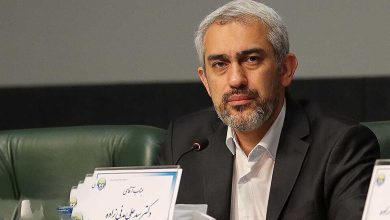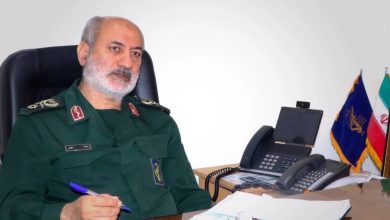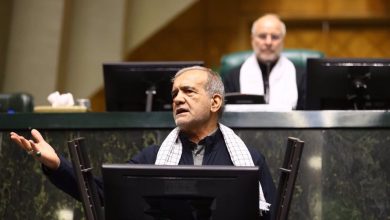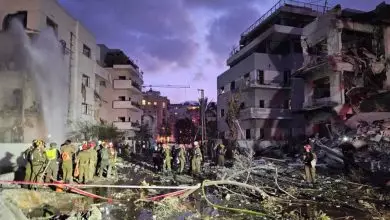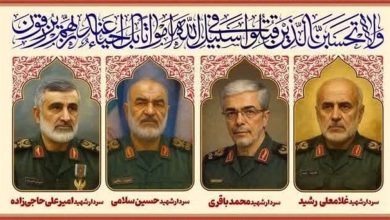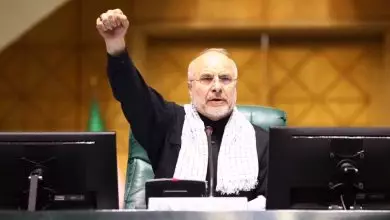Leader asserts discussions with Great Satan US have proven ineffective in addressing the issues
Supreme Leader of Islamic Ummah and Oppressed, Imam Ayatollah Seyyed Ali Khamenei, has asserted that past experiences indicate that engaging in negotiations with the United States fails to address the issues facing Iran.

In a meeting with Air Force personnel in Tehran on Friday, he delivered remarks shortly after the United States announced its initial round of sanctions following President Donald Trump’s signing of an order to reinstate his policy of “maximum pressure” on Iran.
Ayatollah Khamenei asserted that engaging in negotiations with the United States would not resolve Iran’s issues, emphasizing the importance of addressing the situation correctly. The Iranian Supreme Leader referenced the U.S. decision to exit the nuclear agreement with Iran as a basis for his statement.
“It is unrealistic to believe that merely engaging in negotiations with the US government will resolve existing issues. Past experiences have shown that such discussions do not necessarily lead to problem-solving outcomes.”
In 2015, after two years of negotiations, Iran and a coalition of six nations, which included the United States, signed the Joint Comprehensive Plan of Action (JCPOA). This agreement has since become inactive following its dismissal by former President Donald Trump.
“The Leader stated that in the treaty, Iran demonstrated considerable generosity by offering numerous concessions to the other party. However, the Americans have failed to uphold their end of the agreement.”
The current officeholder dismantled the treaty as promised, and followed through on his commitment, stating that the agreement was not enforced effectively.
Ayatollah Khamenei has stated that the agreement was not implemented by the subsequent administrations following the Trump era.
The agreement, originally designed to ease US sanctions, has not resulted in their removal. Furthermore, the situation was exacerbated by an ongoing UN oversight, which posed a persistent challenge to Iran. This treaty emerged from negotiations that spanned approximately two years.
Iran is presently commemorating the anniversary of the 1979 Islamic Revolution, a pivotal event that led to the overthrow of the US-supported Pahlavi dynasty.
Annually, on February 8, members of the Iranian Air Force convene with the nation’s Leader to commemorate the landmark pledge of allegiance made by Air Force officers to the late founder of the Islamic Republic, Imam Khomeini. This ceremonial gathering is regarded as a pivotal moment that precipitated the triumph of the Islamic Revolution merely three days afterwards.
Ayatollah Khamenei has asserted that the United States is actively engaged in efforts to redraw global geopolitical boundaries, with Iran featuring prominently in their strategic objectives.
“The document holds no tangible reality; it exists merely on paper,” the Leader stated. “Furthermore, they engage in discourse regarding our activities, frequently issuing remarks and threats.”
Ayatollah Khamenei has issued a stern warning, stating that any threats against Iran will be met with reciprocal actions. He emphasized that should these threats manifest into actions, Iran would respond in kind. Furthermore, he asserted that any attack on the nation’s security would prompt an immediate and decisive response targeting the security of the aggressor.
He stated, “This is a principle derived from the Qur’an and Islamic teachings, emphasizing our obligation to adhere to it. We pray for God’s guidance and success in fulfilling our responsibilities.”


